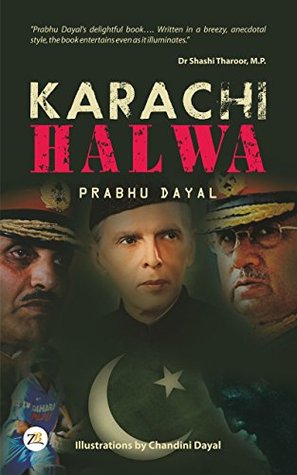More on this book
Kindle Notes & Highlights
Under Reagan, the US-Pak interaction grew by leaps and bounds, with the CIA and the ISI working closely together. The ground was laid for US military aid to flow to Pakistan as never before. Soon, a $3.2 billion aid package spread over six years was signed and a separate arrangement was made for the supply of 40 F-16 fighter aircraft.
Prime Minister Bhutto had said that the Pakistanis would ‘eat grass’ till they made the ‘Islamic bomb’. President Zia made sure that the Pakistanis didn’t need to ‘eat grass’ as American largesse flowed quite generously into their country.
Walters commented in his cable ‘Either he really does not know, or he is the most superb and patriotic liar I have ever met’.2 It is inconceivable that Zia did not know what was going on, which leaves one in no doubt about what Walters thought about him.
Zia immediately took action to make Kahuta impregnable in case of external attack. He also destroyed the RAW network in Pakistan which had been carefully built up over years of painstaking efforts.
It is understood that when the Israelis wanted refuelling permission for the aircraft they were going to use to attack the Kahuta nuclear facility, Morarji refused to grant this permission.
Queen Elizabeth (1960), President Tito and President Eisenhower (both in 1961), President Nixon (1969), Nepal’s King Birendra and Prince Karim Aga Khan (both in 1983) were the only foreigners on whom the award had been conferred before it was given to Morarji. No other Indian has been conferred this award given for ‘the highest degree of service’ to Pakistan’.
The following year, Morarji was conferred the Bharat Ratna, India’s highest civilian award. This made him the only person to have received the highest civilian awards from both India and Pakistan. However, in view of the ‘highest degree of service’ to Pakistan outlined above, one wonders if the Bharat Ratna should have been conferred on him.


